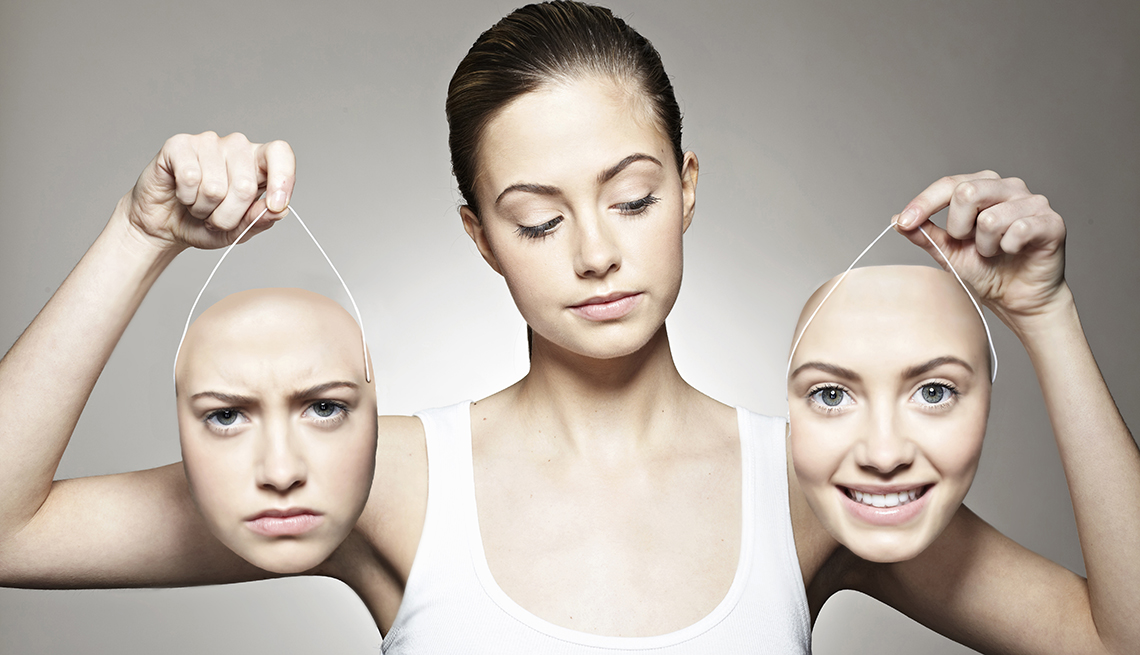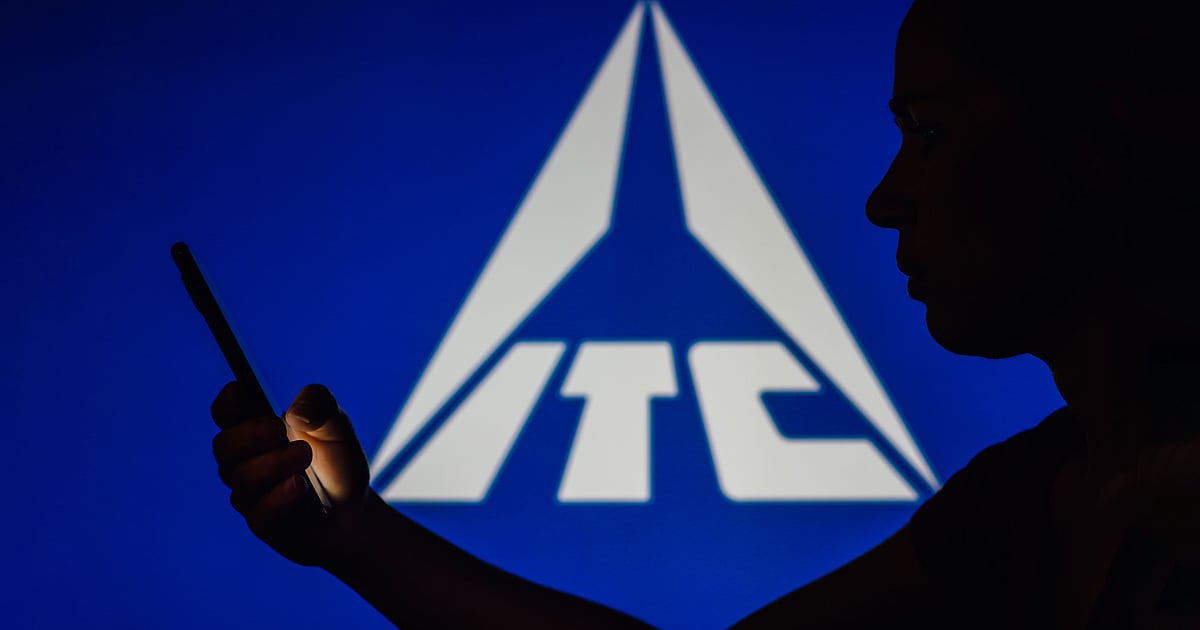
- Select a language for the TTS:
- UK English Female
- UK English Male
- US English Female
- US English Male
- Australian Female
- Australian Male
- Language selected: (auto detect) - EN
Play all audios:
EXPLORE IT. If ego isn’t in balance, whether that means you have too much or too little, you’ll benefit from greater self-analysis (perhaps with the help of a good therapist or friend who is
a great listener) to figure out how to make your ego work for you. REIN IT IN. Learn techniques for listening instead of talking and for taking in more perspectives than you own. Judy says,
“A healthy ego leads to accomplishment, joy, healthy relationships and work-life balance. If you do the work of regaining equilibrium, you can avoid the arrogance that is a hallmark of
fragile, high self-esteem and become your authentic, healthy-ego-possessing self.” LAUGHING AT LIFE’S LEMONS This sounds good in theory, but does it work in practice, in the real world where
life goes haywire despite our best planning? Cliff Cash is proof that it does. Like a lot of comedians, Cash’s personality has been shaped by some decidedly unfunny influences, including a
lifetime struggle with attention deficit disorder and what he jokingly refers to as “undiagnosed insanity.” His struggles could have sentenced him to a lifetime fight against his inherent
bad traits. Instead, they fueled him. In 2011, Cash walked into an open mic night at Nutt Street Comedy Room because he needed to laugh. His dad had just finished chemo after cancer forced
him to retire; his sister had nearly died after enduring undiagnosed medical issues. Cash had just ended a long-term relationship and was in the throes of near-bankruptcy after losing
everything he’d worked hard for in the real estate crash. “I’d never felt as lost or alone, pretty broken and pretty defeated,” he says. “Coming to the comedy club, I thought I needed to
laugh, and I did. But I realized that maybe what I needed was to make other people laugh.” Cliff went onstage, and—using the upside of his disorders—found his calling. During a rough patch,
Cliff Cash realized that what he needed was to make other people laugh. He found is calling as a comedian. Bryce Lafoon I’d never felt as lost or alone, pretty broken and pretty defeated...
But I realized that maybe what I needed was to make other people laugh. CLIFF CASH, COMEDIAN SHINING A LIGHT ON YOUR DARK SIDE For those of us who need a formula for success in the pursuit
of balancing our good and bad traits, apparently there is one. According to Todd B. Kashdan and Robert Biswas-Diener, co-authors of _The Upside of Your Dark Side: Why Being Your Whole
Self—Not Just Your “Good” Self—Drives Success and Fulfillment, _it’s an 80/20 proposition_. _While mindfulness, kindness and positivity can take us far, they say, they cannot take us all the
way. Emotions like anger, anxiety or doubt might be uncomfortable, but it turns out that they are also incredibly useful. For instance, anger fuels creativity; guilt sparks improvement;
self-doubt enhances performance; selfishness increases courage; and mindlessness leads to better decisions. Really? Yes, really. And this is where the 80/20 equation comes in. The authors
make a compelling argument that every emotion is useful, even the ones we think of as negative, such as anger. “People who are able to use the whole range of their own natural psychological
gifts—those folks who are comfortable with being both positive and negative, and can therefore draw from the whole range of human emotions—are the healthiest and, often, the most
successful.” As for the 80/20 rule, it works this way: People who are able to shift to the upside or the downside to get the best possible outcomes in a given situation tend to be happier,
more successful, and enjoy a deeper sense of well-being. The authors call this the “20 percent edge” because not everyone can do it.









